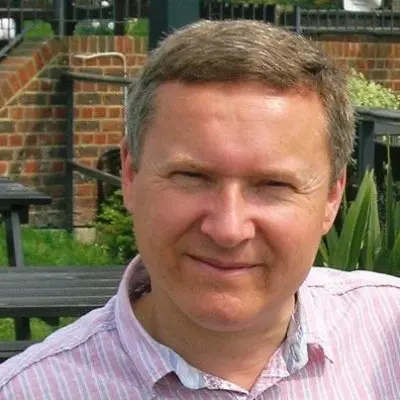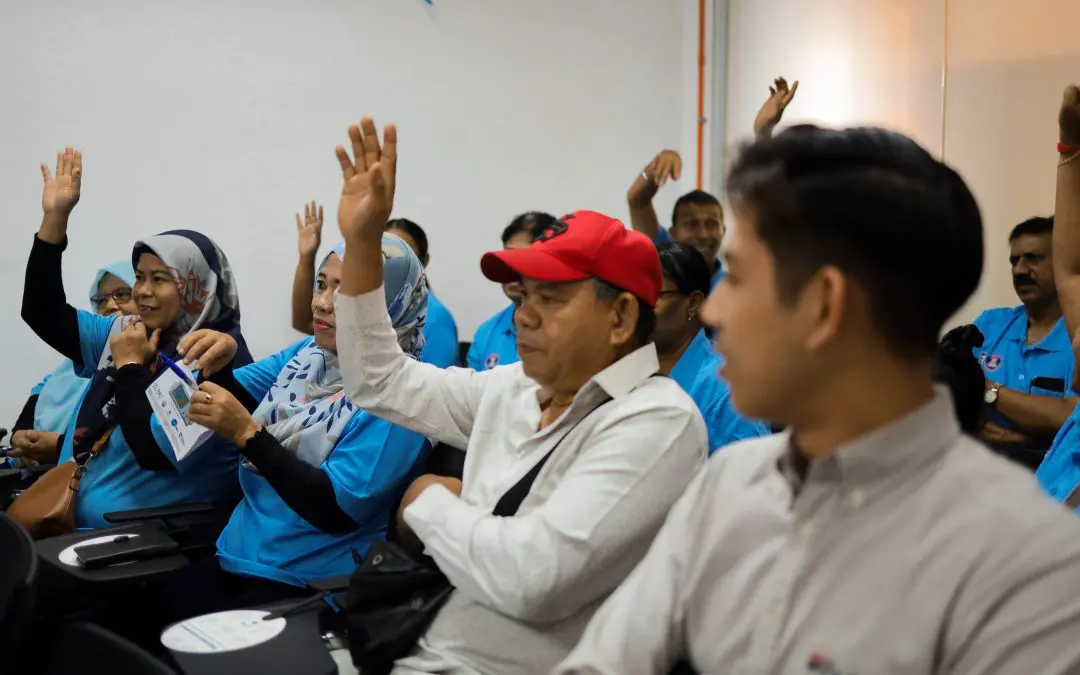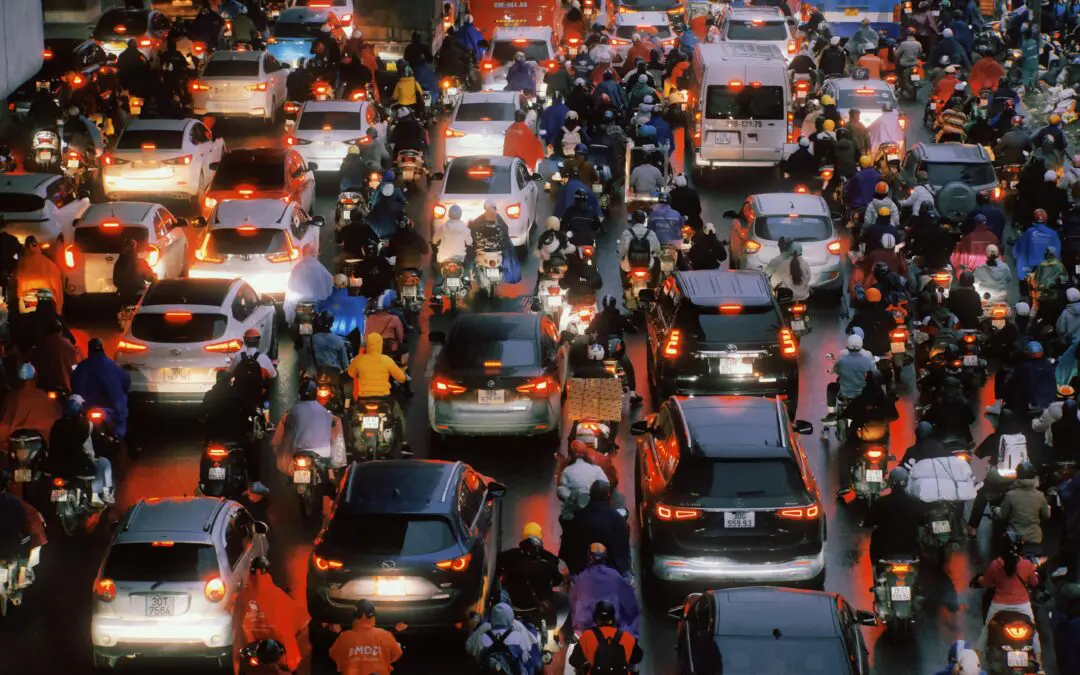For the first time, over half the population in low- and middle-income countries is using mobile internet, enabling cities to adopt public financial technologies to improve efficiency. Research by R-Cities, Visa, and State Up in Cities that Thrive: Public Financial Innovation as a Catalyst for Urban Resilience shows how cities are integrating these technologies, such as digital tax and fee collection, into resilience strategies. However, challenges like infrastructure gaps and digital exclusion remain.
The sixth Cities on the Frontline session of the year, jointly organized by Resilient Cities Network and Visa: Bridging the Gap: Digital Public Finance for Equitable Cities, explored how digital public finance can create smarter, more equitable, and resilient cities. During this discussion, Duncan Booker, Group Manager for Green Economy, Innovation & International at Glasgow City Council, and Samuel Araújo, Municipal Secretary of Innovation & Technology for the City of Salvador, shared their extensive experiences with urban digitalization, highlighting successes and risks in their digital agendas.
To kick off the session, Duncan Booker emphasized the importance of applying digital technology to address social policy challenges, focusing on inclusion, justice, and sustainability. Speaking from Glasgow’s perspective, Duncan outlined how the city’s new Digital Glasgow Strategy aims to bridge the digital divide and ensure equitable access to technology. Glasgow has made significant strides in integrating digital solutions into public services, with a focus on marginalized communities. Partnerships with telecommunications companies have improved digital infrastructure in underserved areas, broadening participation in the city’s economic, social, and civic life. Duncan also highlighted Glasgow’s collaboration with fintech companies to track economic recovery in key sectors and monitor household energy use. He shared how 5G technology is being used to enhance health and housing services, reduce Glasgow’s carbon footprint, and improve decision-making with real-time data. Lastly, Duncan stressed the importance of fostering digital literacy among youth through initiatives like providing iPads to over 85,000 students, positioning them for success in the digital economy.
Following Duncan’s intervention, Samuel Araujo highlighted Salvador’s ambitious digital transformation strategy, which aims to improve access to city services and bridge the digital divide. Since taking office in 2021, Samuel’s team has modernized the city’s technological infrastructure and decentralized service access through the Salvador Digital platform. This initiative allows citizens to access various municipal services through a single digital portal, streamlining government interactions. Salvador has also expanded public Wi-Fi to connect public spaces citywide, improving digital access for all, including underserved communities. Samuel emphasized the importance of digital education, noting that Salvador has provided tablets to students and Chromebooks to teachers to support learning and promote digital literacy. The city’s investment in data infrastructure supports data-driven decision-making, enabling targeted resource allocation and improved service delivery. Additionally, Salvador plans to integrate artificial intelligence into its digital services and create a citizen-focused app. Through his interventions, Samuel highlighted the city’s commitment to an inclusive digital future, ensuring equitable access to resources for low-income communities.
In conclusion, the session highlighted the transformative potential of digital public finance in fostering urban resilience and equity. Through insightful presentations from Duncan and Samuel, participants gained insights into how cities like Glasgow and Salvador are leveraging digital innovations to bridge societal gaps, enhance service delivery, and support marginalized communities. Both speakers demonstrated the potential of digital public finance beyond being an efficient tool but also a catalyst for social inclusion, sustainability, and equitable urban development. The discussions emphasized the critical need for cities to overcome barriers like infrastructure gaps and digital exclusion, ensuring digital transformation benefits all residents, especially those who are most vulnerable.

Dr. Duncan Booker
Group Manager, Green Economy Innovation & International, Glasgow City Council, UK
“Of course technology is really important, but it’s how we as policy makers and leaders apply that technology to our social policy that will determine in many ways the success of that placing in our urban context.”

Samuel Araújo
Municipal Secretary of Innovation & Technology, City of Salvador, Brazil
“Today we have a structured cloud within the city hall where we all are migrating all services and data bases of the city. The Observatório Salvador is where all this information will be processed and it will function as a decision center for the city.”

Isabella Longo
Project Director (BIT Habitat) at Barcelona City Council, City of Barcelona, Spain

Tulsi Parida (Co-host)
Director, Multilateral Partnerships, Visa Government Solutions

Nadine Burbar (Co-host)
Manager, Events & Partnerships, Resilient Cities Network




